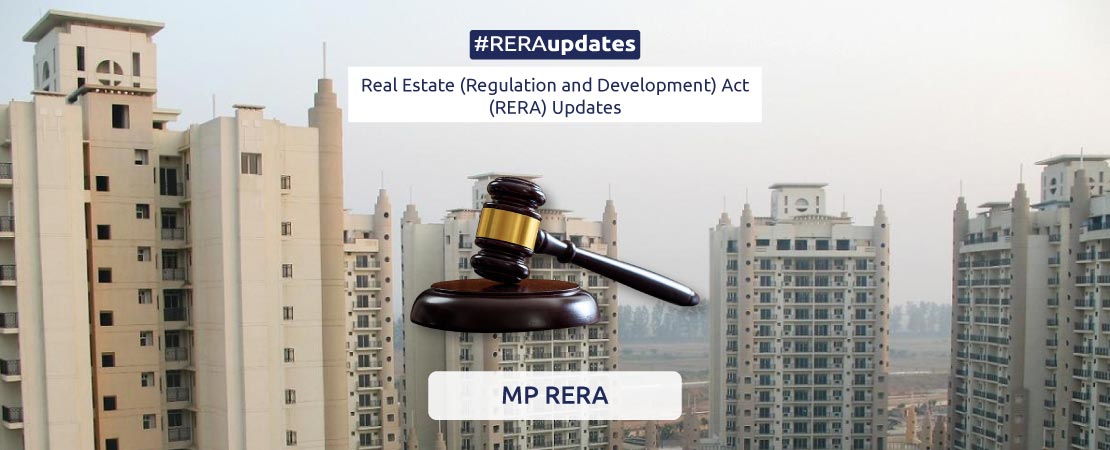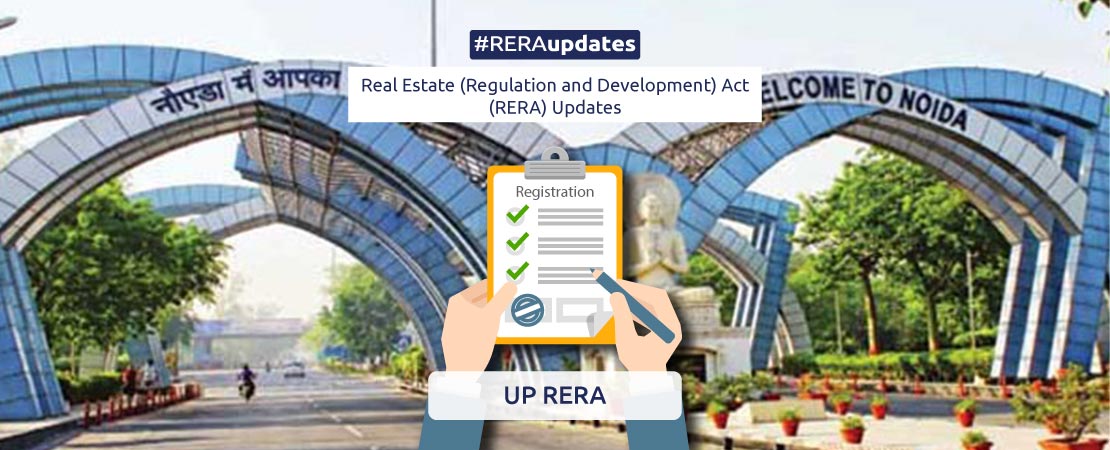Amendments made to the Maharashtra RERA rules stipulate that real estate developers can no longer claim expenses made on advertisements and promotions, as well as brokerage commissions as part of their construction costs.
According to RERA regulations, developers are required to deposit 70 per cent of the funds collected from home buyers in a separate RERA account. These funds can only be withdrawn for construction with appropriate certification from the architect and the chartered account. This was done to check the practice by developers to collect booking amounts and flat sales from home buyers and moving them to another project, often stalling the first project.
“The development cost or cost of construction of the project shall not include marketing and brokerage expenses towards sale of apartments. Such expenses though part of the project cost should not be borne from the amount that is required to be deposited in the designated separate account,’ said a notification issued by the state housing department on June 6.
‘Developers often show expenses for full-page ads also in this account. Now, those marketing expenses have to be shown in the remaining 30 per cent. For home buyers, it means that more money will available for completion of housing projects,’ said Gautam Chatterjee, chairperson, MahaRERA.
The notification has also reduced the minimum fee that developers need to deposit with MahaRERA at the time of registration of a project from Rs 50,000 to Rs 10,000 for plotted developments. Earlier, developers had to pay between Rs 50,000 and Rs 10 lakh as per the area of the land proposed to be developed at the rate of Rs 10 per sqm. Now, for plotted development, the registration fee will be calculated at the rate of Rs 5 per sqm.
The notification also gives brokers and real estate agents an opportunity to lodge complaints with MahaRERA against developers if their commission or fee was unpaid. “If there is a broker or real estate agent involved in the transaction between the developer and a home buyer, then his commission or brokerage from developer’s side or the buyer’s side should be paid to him as per agreed terms of payment. We have now included this in the RERA’s model form of agreement and brokers can lodge a complaint with MahaRERA and the authority will give them a hearing,’ Chatterjee said.
The new rules received mixed responses from the construction industry. While it was agreed that the amendments were consumer-friendly, questions were raised on the impact they have on incomplete projects.
Reacting to the amendments, Rohit Poddar, Managing Director, Poddar Housing and Development Ltd said, ‘The decision to eliminate the marketing and brokerage expenses from the cost of development is a good move from a consumer’s point of view. However, it should be subject to scrutiny whether it will have any direct impact on the prices for end consumers. Advertising, marketing, and brokerage costs are a part and parcel of the project cost, and it is recommended that they are included in the project cost, especially for the affordable segment.’
Rajan Bandelkar, President of National Real Estate Development Council (NAREDCO), Maharashtra said, “The amendment is likely to impact the unsold inventory. How does the developer sell these without including the marketing costs in the construction cost?”
Ameya Tandulkar, Chief Operating Officer at Paradigm Realty said, ‘The RERA Act clearly mentions that marketing costs should not be included in the 70 per cent funds meant for construction. This account was always meant to pay for land cost, construction cost, premiums for fungible FSI, and administrative costs incurred by the developer. I think the amended rule only reiterates that developers should not include marketing costs.”
Amit Wadhwani, Co-Founder, Sai Estate Consultants Chembur Private Limited (SECCPL) said, “RERA is definitely paving the way for a transparent sector.”










